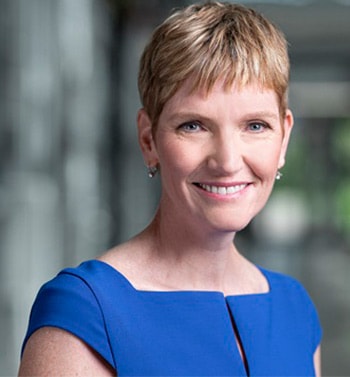As the semester comes to a close, many people are naturally thinking about the new year. But the new year is stressful for everyone, especially students. What will Sheridan be doing next year to help students manage their mental health?

One of the most common challenges that first-year students face is living on their own. For many of them, it is their first time doing so and the prospect of having to care for yourself while having a heavy workload is oftentimes stressful.
“Our commitment over the course of the next five years, but next year in particular, is to help smooth those transitions,” said Dr. Janet Morrison, President and Vice Chancellor of Sheridan College. According to the office of the President, they will be doing three things: more pre-arrival programming, greater opportunities for first-years to connect with peer mentors and expanding a program to help students in academic risk to connect with the Peer Assisted learning program.

The stress of first year can lead to mental health problems such as anxiety and depression. Currently, Sheridan students can see a counselor at the student wellness center, but the administration is focused on improving their health and wellness services across the board. “We know that that’s [mental health care] a particular area of importance for learners for sure, but also for employees,” Dr. Morrison said. She also stated that consultations on improving the current system started in November and will continue through to the new year.
These changes and more were detailed in Sheridan’s five-year plan titled Sheridan 2024, released early last year.
The administration isn’t the only one looking to improve mental health care for students. It’s also a focus for the Sheridan Student Union (SSU). “We’re always looking at trying to broaden the supports,” said Ben LeBlanc, president of the SSU, when asked what the organization is doing to improve mental health support on campus. “We’re also looking for the coming year, in September 2020, to increase the amount of mental health coverage that students have on the health and dental plan.”

Of course, these changes were not made by these organizations alone, but rather in concert with students and outside groups. According to Dr. Morrison, the college talked to over 3,000 people to develop its plan. LeBlanc encourages any students who have questions or concerns to come to the SSU offices or send an email.
The proposed changes have made some students happy. “I’m really glad they’re (the college and SSU) actually listening to us and making the necessary changes because taking care of yourself is so, so important and anything the college can do to help that is an important step forward,” said Andreea Popa, a second-year student in the System Analyst program.
